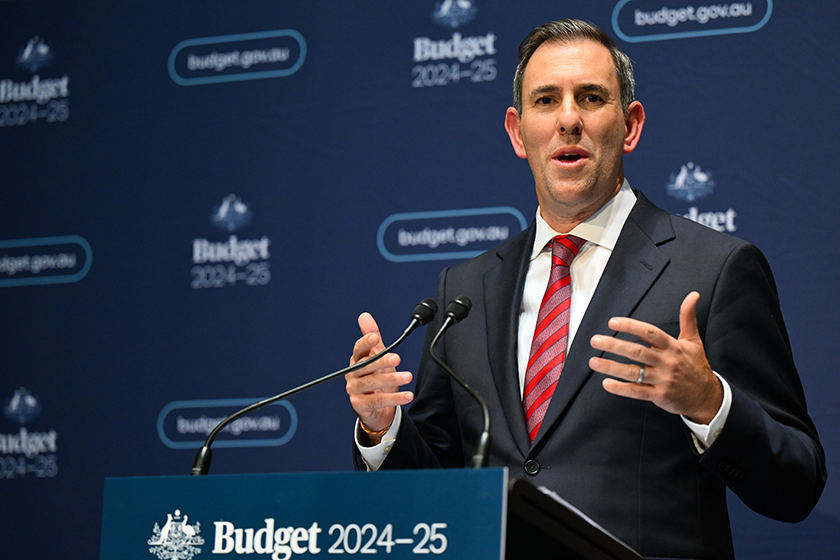Referred to as the “world’s largest free trade agreement” by trade minister Simon Birmingham, the deal is considered critical for Australia’s recovery from the COVID-19 recession and is expected to favour businesses operating in the services sector.
“This deal will further integrate Australian exporters into a booming part of the globe, with RCEP countries making up nearly 30 per cent of world GDP and the world’s population,” Minister Birmingham said.
“RCEP has been driven by the 10 ASEAN nations, who collectively constitute Australia’s second largest two-way trading partner and have successfully brought Australia, China, Japan, New Zealand and South Korea into this regional trading block with them.
“This agreement may have taken eight years to negotiate, but it could not have come at a more important time given the scale of global economic and trade uncertainty.”
RCEP eliminates 90 per cent of tariffs between its signatories, while also establishes common rules for e-commerce, trade and intellectual property.
As such, Mr Birmingham said the deal heralds a new level of economic co-operation that is critical to the post-COVID-19 recovery.
“Greater openness within our region, as well as the greater integration of value chains and more common rules of origin which this deal delivers, will make it easier for Australian businesses and investors to operate throughout our region, helping Australia to continue to grow our exports,” the minister said.
Main benefits
When finalised, the main benefits for Australia are expected to be:
- A new single set of rules and procedures for accessing preferential tariffs in any of the 15 RCEP markets.
- New scope for trade in services throughout the region including across telecommunications, professional and financial services.
- Improved mechanisms for tackling non-tariff barriers including in areas such as customs procedures, quarantine and technical standards.
- Greater investment certainty for businesses.
- Rules on e-commerce to make it easier for businesses to trade online.
- A common set of rules on intellectual property.
- Agreed rules of origin that will increase the competitiveness of Australian inputs into regional production chains.







